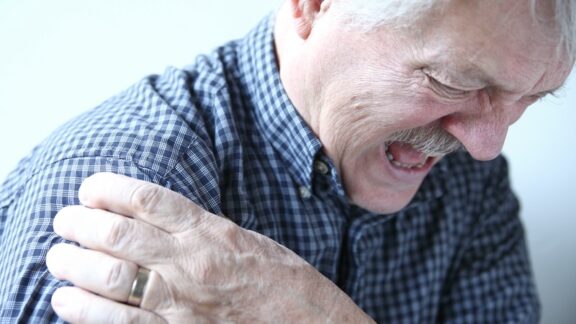The Centers for Disease Control and Prevention (CDC) reports that those 65 years of age and older are at a higher risk of a severe case of COVID-19. Also, about 80% of COVID-related deaths in the country have been in this age group.
With the holidays arriving, those with aging parents and other loved ones must decide how to celebrate during a pandemic that has yet to be controlled. Despite warnings from the CDC, many are planning to visit their elderly relatives in-person rather than virtually.
While this may sound like poor judgment on the surface, in reality, it is quite understandable. Many caring adults have spent the last eight months avoiding contact with their older relatives. Now they wish to see them during holidays that are traditionally times of gathering and spreading good cheer.
Still, visiting older adults during the holidays could put them at risk. But there is another factor to consider: the holidays can be lonely times for people of all ages, but for seniors, social isolation can also harm their health. Is it possible to give older loved ones a sense of normalcy without jeopardizing those most vulnerable?
Although most experts tell us avoiding in-person contact is the best way to protect older adults, there are some actions they recommend to lessen their risk of contracting COVID. Here are some COVID precautions around seniors that you can implement.
Make Preparations Ahead of Your Visit
Schedule a PCR test a few days before you travel to determine if you have a COVID-19 infection. The test is critical if you’re flying, since some airlines require a negative PCR test result before the flight.
Make the appointment at a clinic that guarantees a 24-to-48-hour turnaround time. Many rapid tests are often inaccurate and could give you a false-negative test result. Of course, a positive result would mean canceling your plans; but you should still take the proper precautions during your visit, even if you have a negative test.
Make sure everyone has received a flu shot, including the older adults you are visiting. They should also have a pneumonia shot if it’s due.
If possible, quarantine by working from home and having your kids attend school virtually for two weeks before leaving. Also, everyone should agree on some ground rules in advance of the visit.
Take Precautions During Your Visit
Remember that elderly adults have a lower capacity for withstanding a severe illness because their immune responses are less vigorous. That is the primary reason for taking all of the following COVID precautions around seniors during your visit.
- Gather outside as much as possible: Outdoor activities are safer than indoors since there are natural ventilation and more room for social distancing. If weather conditions prevent activities outside, avoid overcrowding and keep windows and doors open to increase ventilation.
- Maintain a social distance: If you must celebrate indoors, arrange the furniture to keep at least six feet of space between visitors from different households.
- Wear a mask: Mask-wearing is critical for either indoor or outdoor gatherings.
- Wash your hands frequently and thoroughly: Wash with soap and water for at least twenty seconds, especially after blowing your nose, sneezing, or coughing. Otherwise, use a hand sanitizer that contains at least 60% alcohol.
- Limit activities to people from your local area.
- Limit the number of attendees as much as possible.
- Avoid contact with others: As tempting as it might be, do not hug and kiss others, especially children. They can transmit COVID without exhibiting symptoms themselves.
- Encourage visitors to bring their own supplies and food: Ask those who attend to get supplies – extra masks, hand sanitizer, tissues, etc. – and their own food.
- Keep it clean: Frequently clean and disinfect surfaces that are touched, such as doorknobs, light switches, and countertops.
- Keep it brief: If you need to be inside, consider making it a shorter visit to decrease exposure time.
Although holidays are unique and meaningful, you may need to view them differently this year. By using what health experts have learned about COVID-19, and using these COVID precautions around seniors in your life, everyone can have a safe and joyous season.




